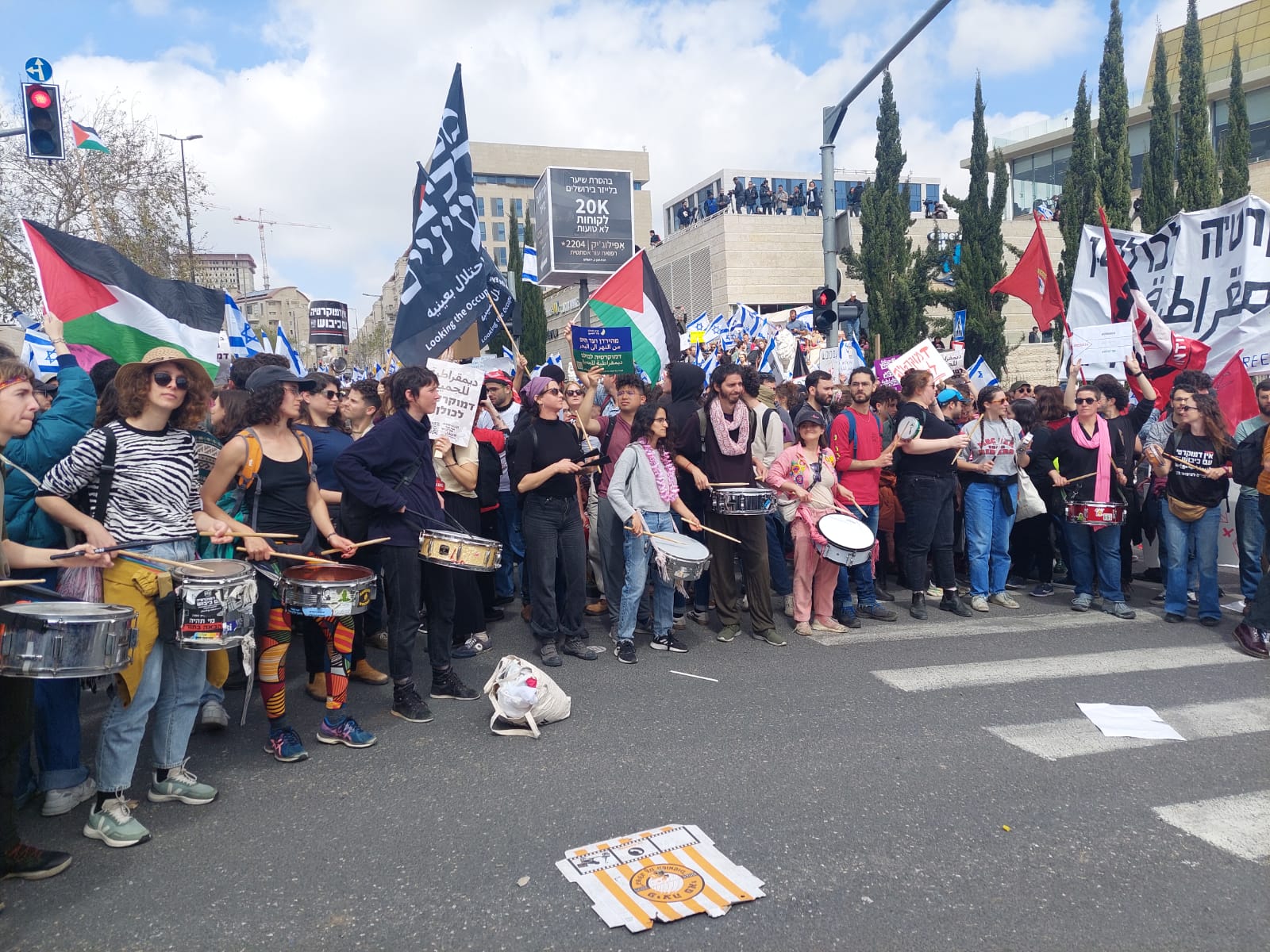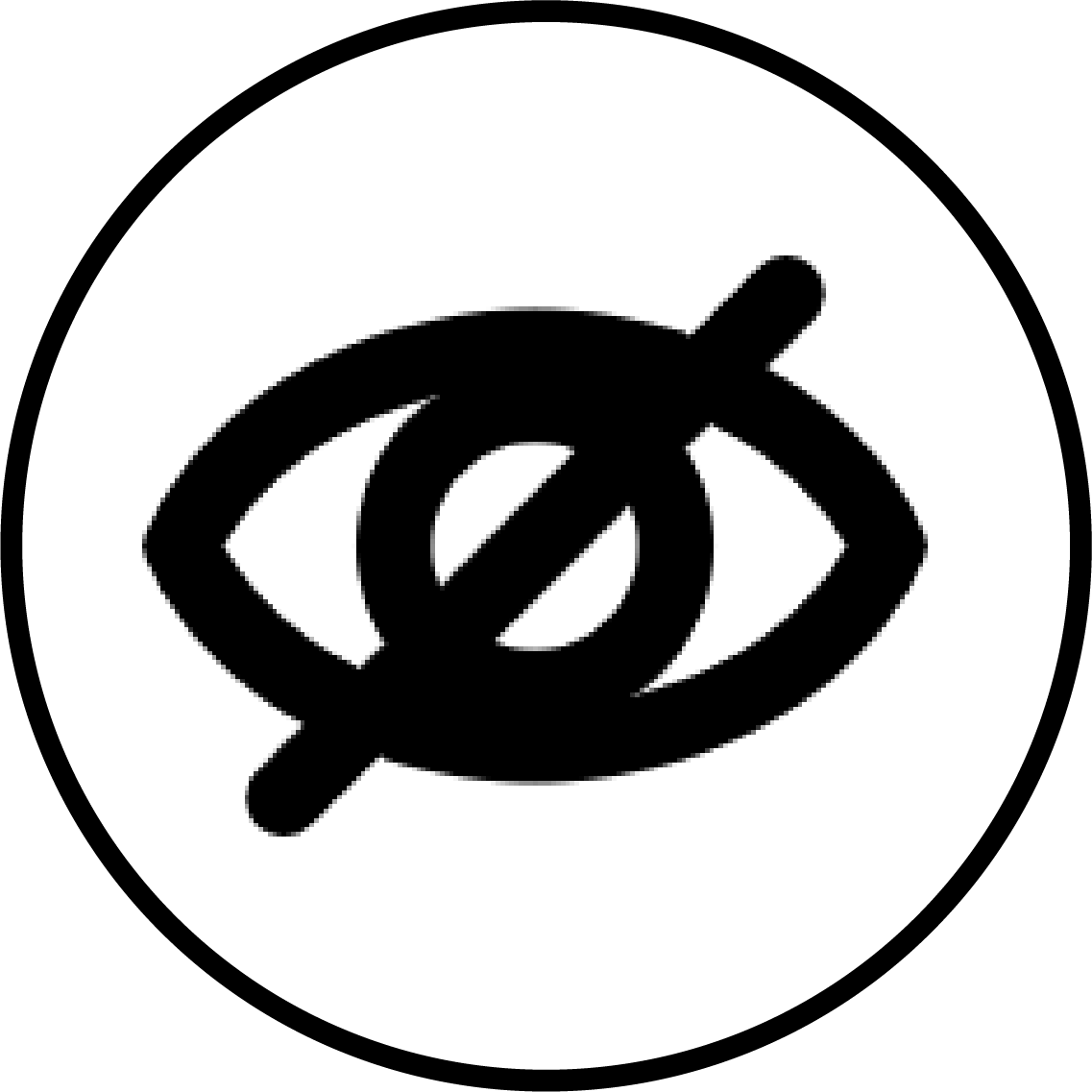
Mossawa Center position on:
The Controversial Israeli constitutional coup
The Mossawa Center opposes the controversial Israeli constitutional coup being made by the government and in the legal and law enforcement system in Israel with the Knesset’s approval. The decision made by Prime Minister Netanyahu to postpone negotiations makes the situation in the region even more dire as he came to a deal with Minister of the Interior Ben Gvir to allocate 1.4 billion shekels to fund his own private militia. This will lead to greater violence against Palestinians as Ben Gvir is openly racist and fascist. The constitutional coup will continue to proceed in a couple months once the budget is passed making this a brief “reprieve” that is only a welcomed break for the ruling class as Palestinians fear what this new militia will bring.
Prior to the constitutional coup, the Center has opposed many laws and court rulings that were issued by the Supreme Court prior to the current legal revolution taking place these days. Palestinian Arab citizens in Israel have never enjoyed the same rights as Jewish citizens before the current legislation, which granted these rights to Jewish citizens in the first place. In Israel, there is no human rights charter, and many laws have adversely affected the Arab minority status. Many court rulings issued by the Supreme Court allowed for the violation of the rights of Arab citizens, including the approval of the "hourglass" provision of the Citizenship Law, validation of the controversial Nationality Law, approval of the demolition of entire settlements and forced evacuations by authorities, particularly in the Negev, and the avoidance of intervention in social and economic laws that disadvantage Arab citizens in budgeting.
Additionally, the Mossawa Center strongly opposes legislation aimed at seizing the occupied territories, settling them with settlers in violation of international law, and exploiting the Palestinian human resources in the Israeli economy. Supreme Court justices have approved many actions that have infringed on human rights in the occupied Palestinian territories since 1967.
The Mossawa Center calls for the enactment of a human rights charter that guarantees equality and recognizes the rights of the Palestinian people, which will advance true peace between the peoples. Below are proposed laws currently being advanced by the government in the Knesset.
1. Basic Law: The Judiciary (Amendment No. 3) (Strengthening the Separation of Powers) - This bill seeks to amend the Basic Law to strengthen the separation of powers between the legislative, executive, and judicial branches of government in Israel. However,this would give the legislature more power over the judicial system and that it would give the Knesset coalition more power to influence judicial appointments and decisions including president of the supreme court, which could undermine the independence of the judiciary.
2. Basic Law: The Knesset (Amendment - Declaration of Loyalty ) - This proposed amendment to the Basic Law would require Knesset Members to declare loyalty to the State of Israel as a Jewish and democratic state as a condition of serving in the Knesset. The bill also includes provisions to disqualify any Knesset member who refuses to make such a declaration. Critics argue that this could infringe on freedom of speech and political expression and may be used to target Arab and other minority Knesset members who question the Jewish identity or policies of the governmental coalition.
3-4. Bills to Apply Israeli Sovereignty in the Jordan Valley and Northern Dead Sea and “Judea and Samaria” - These bills propose to annex the Jordan Valley and parts of the northern Dead Sea as well as “Judea and Samaria” (the West Bank) to Israel, which would effectively extend Israeli sovereignty over these areas. Such a move would violate international law and further undermine the prospects for a two-state solution to the Israeli-Palestinian conflict.
5. Bill to Disqualify Public Representatives Supporting a “Discriminatory Struggle” against Israel - This bill proposes to disqualify any public representative who supports a discriminatory struggle against Israel, such as the Boycott, Divestment, and Sanctions (BDS) movement. Critics argue that it could infringe on freedom of speech and political expression.
6. Amendment to the Prisons Ordinance (Revocation of the Right to Healthcare Funding for Political Prisoners) - This bill proposes to revoke the right of “security prisoners” to receive funding for healthcare services.. Critics argue that this could violate their human rights and could have negative implications for their rehabilitation and reintegration into society. This goes against the UDHR and the Geneva Convention and denies prisoners most of which are minorities of basic rights to healthcare and human dignity.
7. Counter-Terrorism Bill (Amendment - Mandatory Fines for Terror Offenses) - This bill proposes to impose mandatory fines for terrorism offenses in addition to other criminal penalties. Critics argue that this could disproportionately affect marginalized communities and may not effectively deter terrorism. This bill would sentence offenders to jail time and give them a fine instead of one or the other as is the current law. Of course most of the people who get accused of terrorism are Arabs who are critical of Israel and speak of their own oppression under occupation.
8. Bill to Freeze Stipends Paid to Palestinian political prisoners and Their Families from State Funds - This bill proposes to freeze stipends paid to terrorists and their families from state funds. Supporters argue that it would deter terrorism, while critics argue that it could affect innocent family members and may not effectively address the root causes of terrorism. This bill proposes collective punishment against innocent people. Of course most of the people who get accused of terrorism are Arabs who are critical of Israel and speak of their own oppression under occupation.
9. Bill to Protect IDF Soldiers and Israeli Personnel from Baseless Palestinian Authority Complaints - This bill proposes to protect IDF soldiers and other Israeli personnel from alleged-baseless complaints filed by the Palestinian Authority. Critics argue that it could limit the ability of the Palestinian Authority to seek accountability for human rights abuses committed by Israeli forces.
10-11. Bills for Immunity for Security Forces and IDF Soldiers in Operational Events - These bills propose to grant immunity to security forces and IDF soldiers for actions taken in the course of their duties. Supporters argue that it would protect soldiers and security personnel from legal action for carrying out their duties, while critics argue that it could encourage impunity and could limit accountability for human rights abuses. Bills paused for now.
12.Bill that will enable hospitals to set policy banning or restricting the entry of leavened food or hametz, ahead of next week’s Passover holiday, during which observant Jews eschew such products. A softened version of an earlier proposal, the bill enables hospital administrators to set a policy and post it on their website or with signage, but does not explicitly allow security guards to search patients’ or visitors’ bags to enforce the policy. It is expected to pass during a special Sunday session of the plenum, convened to clear legislative priorities before the upcoming holiday recess.
13. Expansion of the Acceptance Committees Law: The amendment to the Cooperative Societies Ordinance (No. 8) - allows small settlements to establish acceptance committees based on "adaptation to the social structure of the settlement." Acceptance committees for settlements are authorized to reject candidates who are not suitable for the social structure of the settlement. This is a law that primarily discriminates against minorities from Jewish settlements, but also aims to exclude anyone who does not share the settlement's position, religion, political views, etc.
14. Bill that would tax a donation from a foreign state entity -The proposed legislation stipulates that if a nonprofit organization receives funding from a foreign state entity and interferes in the internal affairs of the State of Israel, it will no longer be classified as a "Public Institution" or a "Not for Profit" organization as defined by the Income Tax Ordinance and Value Added Tax Law, respectively. Additionally, a 65% tax will be imposed on any funds received from a foreign state entity. The legislation also states that if a mediating agent provides funding that is influenced by financial support from a foreign state entity, it will be regarded as funding from a foreign state entity if the recipient had or should have had knowledge of this. This is aimed to shrink civil spaces.

























